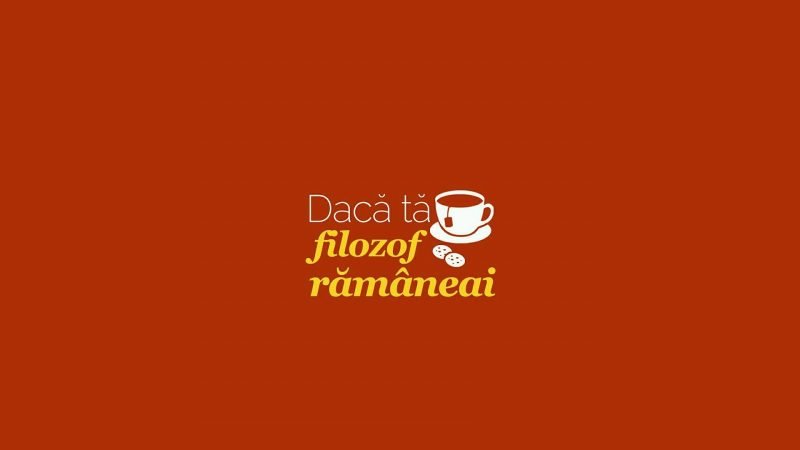It is a well-known fact that the Romanian language is rich and resourceful, humorous and full of totally unusual idioms. Some of these idioms apparently lack any logic, but their funny connotation is grasped by the Romanian native speakers and conveyed in their English versions as well.
A-i face cuiva capul calendar (To talk someone’s head off, English version) means to bore or weary someone by excessive talk. The expression is very old and the explanation lies in the fact that in antiquity calendars were full of figures and astronomical, geographic and historic data exceeding by far the capacity of understanding of ordinary people.
Aurul nu are miros (Money does not stink, English version) is a phrase ascribed to the Roman emperor Vespasian, a successor of Nero, who imposed a Urine Tax on public toilets. Accused and humiliated by the people because of this, Vespasian told his son, Titus: See, money does not stink.
A se duce pe apa Sâmbetei (To go down the drain, English version) means to disappear and is based on an old belief in the existence of a river called Saturday’s water that flows into Hell (the Styx). Anyone falling into this water was gone forever.
Muncă de Sisif (The toil of Sisyphus, English version) refers to a king of Corinth punished by the Gods to roll a boulder up a hill in Hell. Nowadays it refers to a futile activity.
A fi în al 7 / 9-lea cer (To be in the seventh Heaven, English version) is an old idiom referring to a state of extreme happiness, of beatitude. According to the popular belief, Heaven is divided into several celestial spheres, each representing a higher stage of the human spirit, the highest being that of the happy people.
Vorbă de clacă (Talky-talk, English version) means talking without saying anything, talking moonshine, and originates in the life of villagers who would gather in a small group called clacă (corvée) to help each other at various jobs, have fun and gossip.
Codrul Vlăsiei (The Vlăsia Forest, English version) refers to a real forested area north of Bucharest sheltering many gangs of unrestrained and shameless thieves and robbers. It is usually used when referring to political corruption.
Dacă tăceai, filosof rămâneai (Had you remained silent, you would have remained a philosopher, English version) is very often used in Romanian, being in fact a Latin quote ascribed to Boethius who was imprisoned for making statements that displeased the king. It is generally used when somebody says things that worsen a certain situation.
It therefore becomes obvious that Romanian is a very colorful language, rich in novel nuances and various references. For Romanians, but especially for foreigners, the Romanian language is a source of delight!






